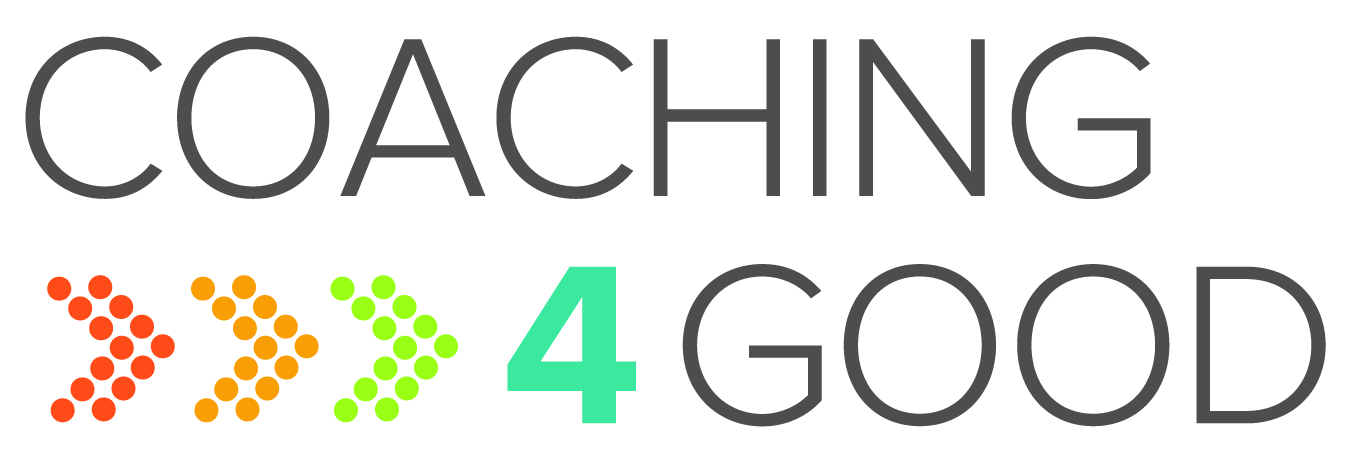
You know what happened in those interviews? I didn’t get a job offer. Oftentimes, I didn’t even get invited back for the next round. Why? Because I was prepared to respond to questions but didn’t prepare proactive responses to expected questions.
You hear us talk about the importance of preparing for an interview all the time. One benefit is that you become smooth in your delivery and practice handling those tough moments. More importantly, you prepare for an interview so that you think about how you are going to reply to all the questions you might get. When you prepare an answer to a question then you are being proactive and choosing what is important to say. When you don’t prepare, you simply say what comes to mind. To help you appreciate the difference, I’ve listed the 4 interview questions that are most often over-looked for their strategic importance:
1. Tell me about yourself?
During one interview I conducted, a candidate took 19 minutes to answer this question! That’s entirely too long! The importance of this question can’t be underestimated. This is a chance to make a great first impression and even set the direction for the interview. Check out this post for more on “Tell me about yourself?”
Do’s: succinctly answer this question so the interviewer knows a high-level background, what you specialize in and have accomplished and what you are looking for next in your career.
Don’ts: don’t ramble on about every job you’ve had in detail. You don’t have to talk about every job you’ve had, in fact, maybe only your most recent one. Also, don’t bring up irrelevant details or start listing accomplishments that don’t have any bearing on the job you are interviewing for.
2. Why are you interested in working for this company?
The biggest factor that gets candidates eliminated from consideration is that he or she doesn’t show interest in the actual job or the company. You do this by showing you didn’t research the company, didn’t prepare for the interview and don’t have a good answer as to why you are interested. You’d be shocked how many good candidates are eliminated from this alone.
Do’s: address why you are interested in the company and why you are excited about the job description. You have to be genuine but you should spend enough time researching the company and thinking about the role to find what motivates you. Tell a short story about that motivation.
Don’ts: don’t explain how your friend sent you the job posting so you thought you’d throw your resume in to see what happens. THAT IS NOT WHAT THIS QUESTION IS ABOUT. Don’t forget to include your genuine motivation for wanting this particular job at this particular company.
3. Why are you looking for a new job?
Your motivation is a big factor in getting a job offer. Your actual motivation will show through during an interview so look out for this question and realize that if you aren’t passionate about wanting to move jobs, you won’t move forward in the interview process.
Do’s: show your interest in THIS job. your employer wants to know that you are genuinely interested in your career and your motivation comes from within and not because of some external factors, like a reduction in force.
Don’ts: don’t lead with reasons why your current job isn’t working out. Don’t come across as too casual about your motivation. Without some passion, the interviewer may dismiss you.
4. Give me an example of a when you…
This is your chance to show that 1) you can do the job they are hiring you for and 2) you can do the job well. Preparation here is key because you need an appropriate example and you need to be able to tie it back to the expectations of the role you are applying for.
Do’s: respond with examples of real results; if you don’t have them, use examples that show you have, at least, done the job. Find the right balance of telling a story with sufficient detail and keeping your response concise and efficient.
Don’ts: stay away from using an example from a job that isn’t really related to the position you are applying to. Don’t lose sight of the specific example the interviewer asked for – even though you are telling a story don’t lose track of answering the question that was asked.
My advice is straightforward: you can’t look past these questions – you have to prepare. It only takes a few minutes and will always make a big difference! Think of it this way: you wouldn’t go into a meeting with your Vice President without preparing what you were going to present… would you?
Amy Wolfgang
Amy Wolfgang is a career coach who founded Wolfgang Career Coaching and co-founded Coaching 4 Good. She brings over 15 years of corporate and coaching experience to help organizations boost employee engagement while simultaneously helping her clients excel in their careers. She is a certified PCM (Professional Career Manager) and has a Master’s degree in Educational Psychology from The University of Texas at Austin.







Stay In Touch